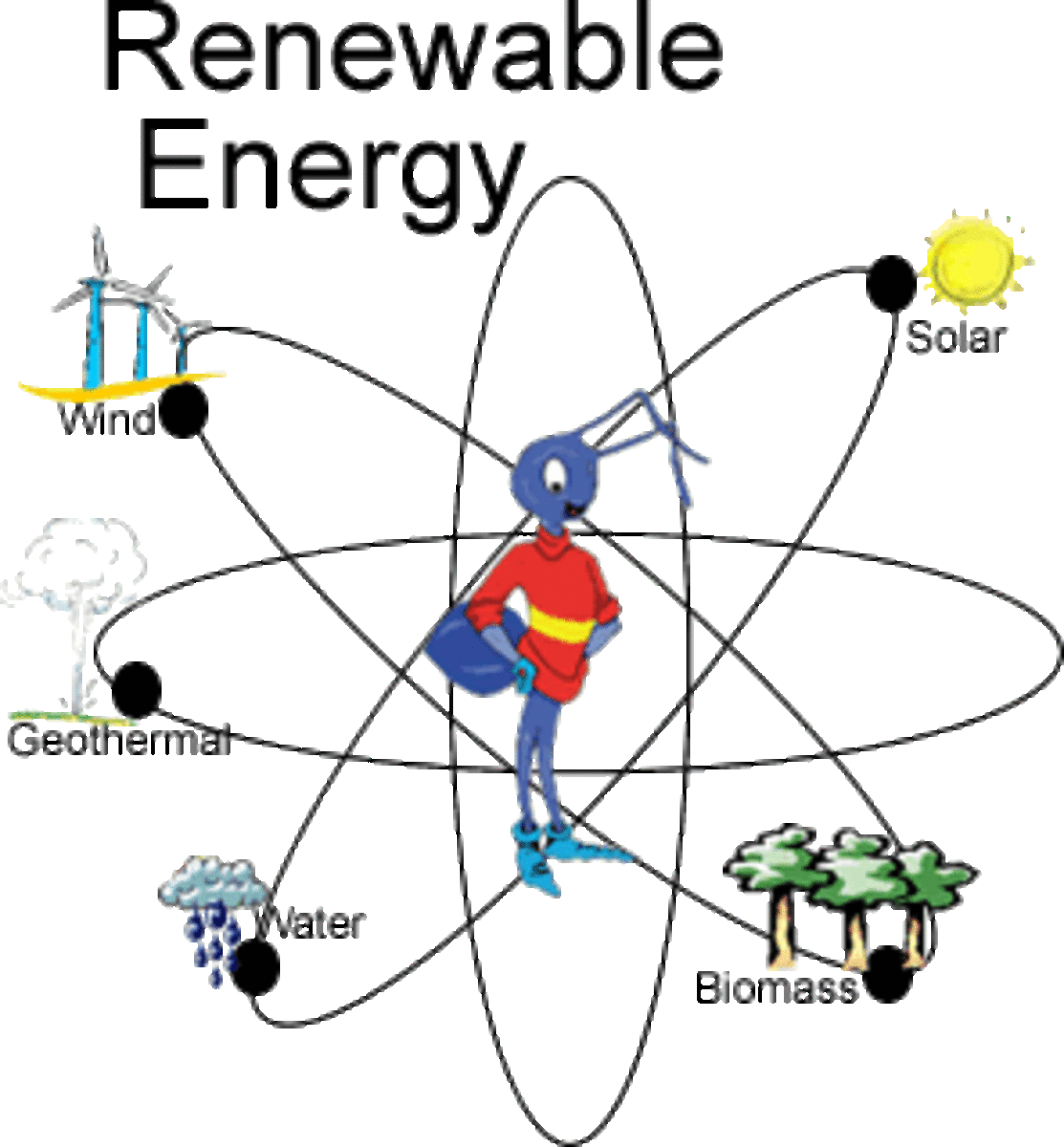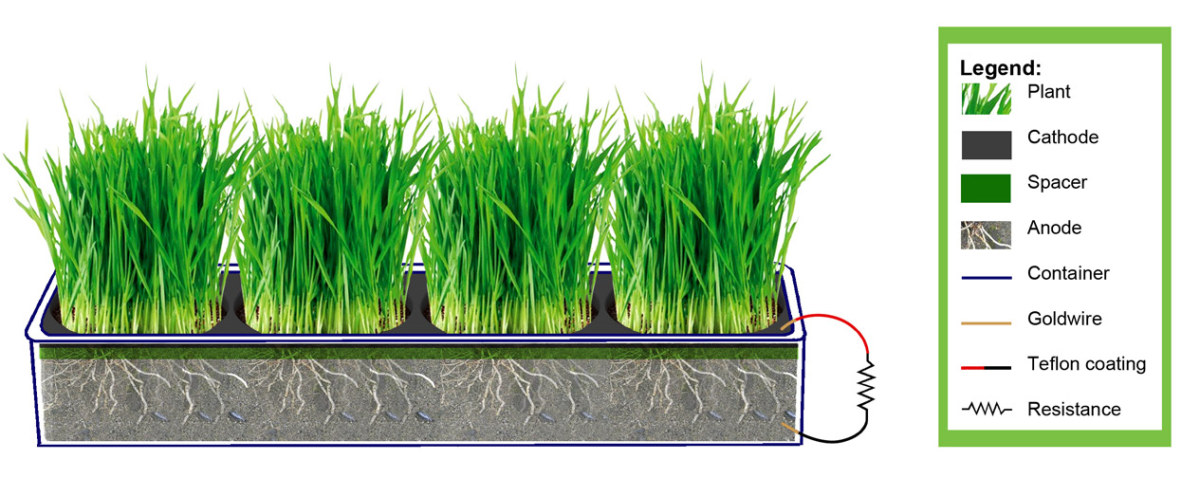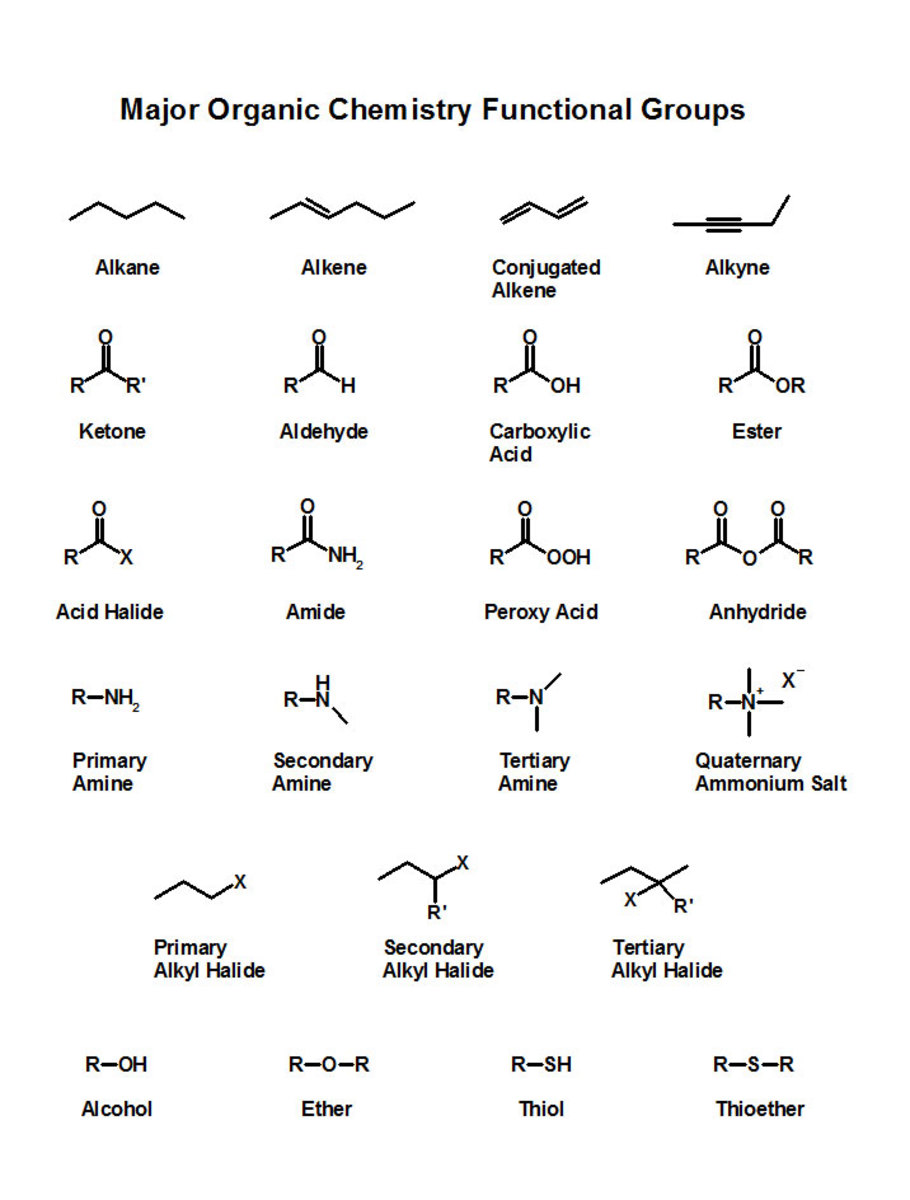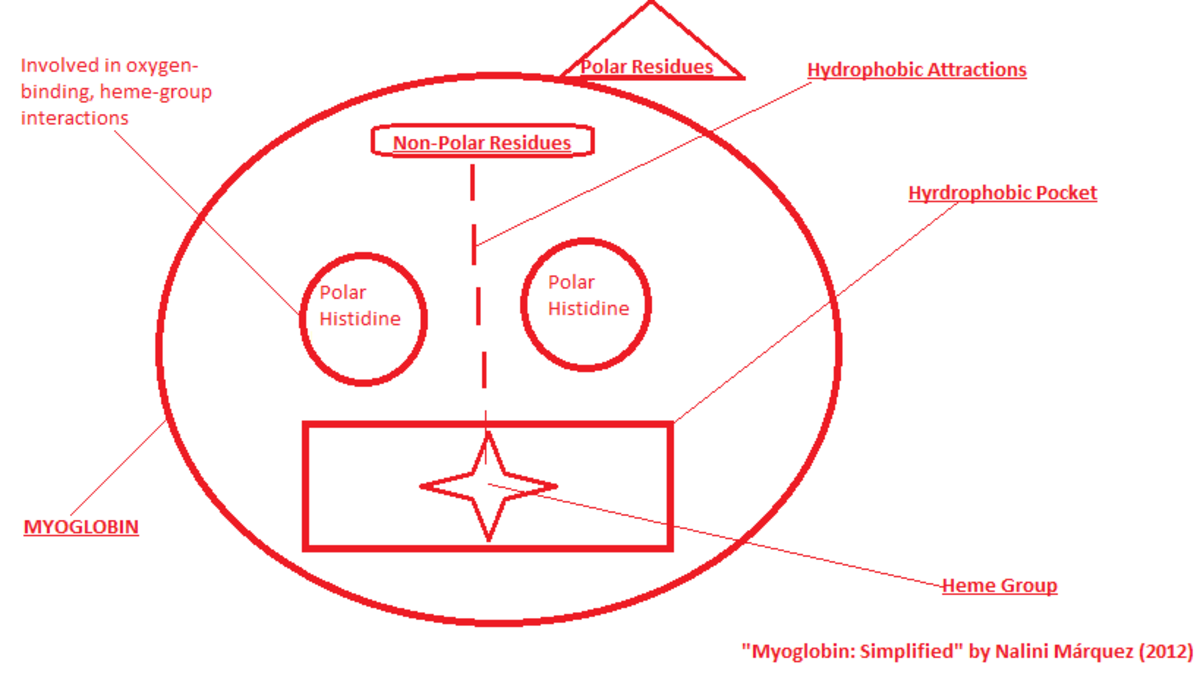What Are Fossil Fuels?

What is a Fossil Fuel?
Fossil Fuels are energy-rich fuels that include Oil, Gas and Coal. They were formed underground over millions of years after plants and animals died, were buried by tons of rock and turned into fuels.
Fossil Fuels are stores of the Sun's energy. Plants trap sunlight to power photosynthesis, which makes glucose from carbon dioxide and water. This can then be converted into a range of biomolecules and assimilated into the tissue of the plant. If that plant then dies but is not broken down, the chemical bonds it made using the Sun's energy remain.
These fuels are called 'non-renewable' because they are being used up faster than they are being replaced. Despite this, they are the world's primary source of fuel and are vital for our way of life. We live in a consumer culture powered by oil and it's products (plastics, fertilisers, transportation). Despite the increasing price of fossil fuels, it's huge impact on the environment, and the dwindling supplies, we seem no closer to finding a way of weaning ourselves off this addiction.
Do you think Nuclear Power is a viable alternative to Fossil Fuels
How is Coal Formed?
Coal is formed from land plants (and some animals) which become buried in low oxygen conditions. This prevents microbes such as bacteria and fungi from breaking down the tissues the plant built up during life. This means that the energy-rich bonds between atoms are retained.
As the layers of mud and rock build up above the dead plant material, the weight begins to compress the layers of plants together. As more time passes, the ambient temperature starts to rise as more layers are added above the dead plants. This causes certain chemical changes that result in the plant tissue being turned into rock - this is what we call coal.
There are three major types of coal:
- Lignite - this is low grade coal (has low Carbon %) that produces a lot of smoke and impurities when burnt. It is used almost exclusively in coal-fired power plants close to the mine to generate electricity
- Bituminous Coal - a higher grade coal that is sold internationally. Used worldwide for electricity generation and in 'coking'
- Anthracite - very high grade coal with minimal smoke that is often used for heating homes.
These all sit on a continuum with the higher grade coal being found deeper in the ground. This is because it has been compressed and heated for longer, which increases the carbon content and removes more impurities.
How are Gas and Oil Formed?
Gas and Oil are formed from the remains of aquatic creatures that become buried in a low oxygen environment. Oil and gas are often found on the site of ancient swamps and lakes, as it is more likely that rapid burial in low oxygen conditions will occur. Some oil and gas has formed in shallow seas.
As the aquatic organisms get buried by layer after layer of mud, the resulting pressure squeezes them together. Heating from the Earth's interior causes further changes to the chemical make up and eventually the ancient plants are turned into oil and gas.
How Fossil Fuels are Made: Summary
Global Coal Consumption
Advantages and Disadvantages of Fossil Fuels
Advantages
| Disadvantages
|
|---|---|
Easy to store and transport
| Finite amount - they will run out
|
Reliable source of energy
| Burning fossil fuels releases carbon dioxide and other pollutants into the atmosphere
|
Relatively cheap
| Only found in certain areas - countries can withold their supply if they wish
|
Infrastructure set up for electricity made from fossil fuels
| Many products of fossil fuels (such as plastics) are not biodegradable
|
Can be converted into plastics, clothing, fertilisers and other useful materials
|
Our way of life revolves around fossil fuels. Without the easy, reliable and cheap electricity supplied by burning fossil fuels, our modern way of life becomes impossible. But they have their disadvantages too
The History and Future of Fossil Fuels
The Future of Fossil Fuels
There are many vested interests in maintaining our use of fossil fuels. Huge companies have become very rich from their extraction and sale; a commercial culture with advertising and executives has grown up around it; Western Society has become addicted to the easy and convenient lifestyle that fossil fuels provide.
Despite these vested interests, fossil fuels will still run out. They are a finite resource. It is a matter of when, not if. Even if you take aside the issue of Climate Change, our lives will STILL have to change to a more renewable and sustainable set up. How else will we surf the web when all the coal has gone?
Change is coming, but we can plan for it.
The alternative?
Change comes and we have done nothing.







